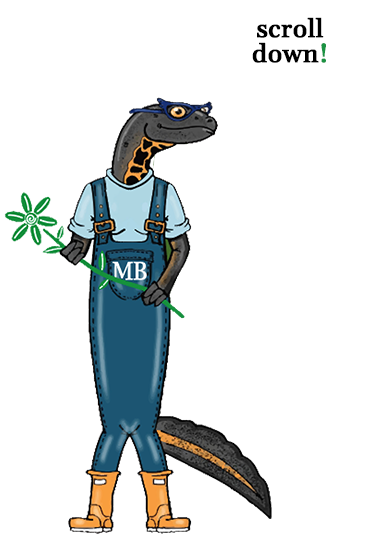World Soil Day at Mires Beck
World Soil Day is a day to focus on the importance of healthy soil and find sustainable management of soil resources.
This day was recommended by the International Union of Soil Sciences in 2002. The reason the 5th December was chosen was because it corresponds with H.M. King Bhumibol Adulyadej's (King of Thailand) birthday, and he is one of the main people in this campaigning day.
Our soil at Mires Beck is a sandy, free draining loam soil. This means it is very easy to dig into it, and because of this, our plants and trees grow very well through this soil. This is very important as we are part of the Humberhead floodplains.
Trees grow very well in the soil (as long as they are not flooded early on), although where this happens we use water-tolerant species (such as willow and alder).
We use topsoil from the local area to fill planters, seed beds and vegetable beds on site, where we add leaf litter and sometimes compost for food. This also encourages rapid growth and drainage which works great!
You can help the soil in your garden by using a garden fork to loosen the soil before planting, which reduces the soil compaction and allows you to get weeds out by the roots and gives you the opportunity to add and turn in organic matter.
Also, adding a 5cm layer of garden compost, leaf compost, bagged compost or well-rotted manure can help your soil, because these compounds are better for soil bacteria than inorganic compounds.
Try not to rake up all the leaves that fall on your plant beds. Turn the leaves into the soil to improve the soil structure.
When you are gardening, turn the soil over, and mix it in, breaking up big chunks in the soil structure. Firm your soil by treading on it gently, and rake over the area just before planting. This removes stones and weed seedlings.
Worms are your friend! They tunnel in soil and eat organic matter, which they excrete as 'castings'. Worms love soils that are 21 degrees celcius (70 degrees fahrenheit). Any extremes of cold, heat or moisture are not good for worm activity. Worms in gardens are most active when soil is moderately warm and moist. Their tunneling behaviour helps the water go through the soil. Worms also loosen the soil, so oxygen and aerobic bacteria can get into plant roots. Looser soils also allow plant roots to penetrate deeper and access more resources, which builds bigger, healthier plants.
Did you know, that one of the biggest benefits of garden worms is their ability to turn rubbish into fertiliser!




All projects require fundraising and we are always looking for new sponsors and volunteers to help us realise the future aspirations to maintain the charity and help it to thrive. If you would like to help please contact us.

